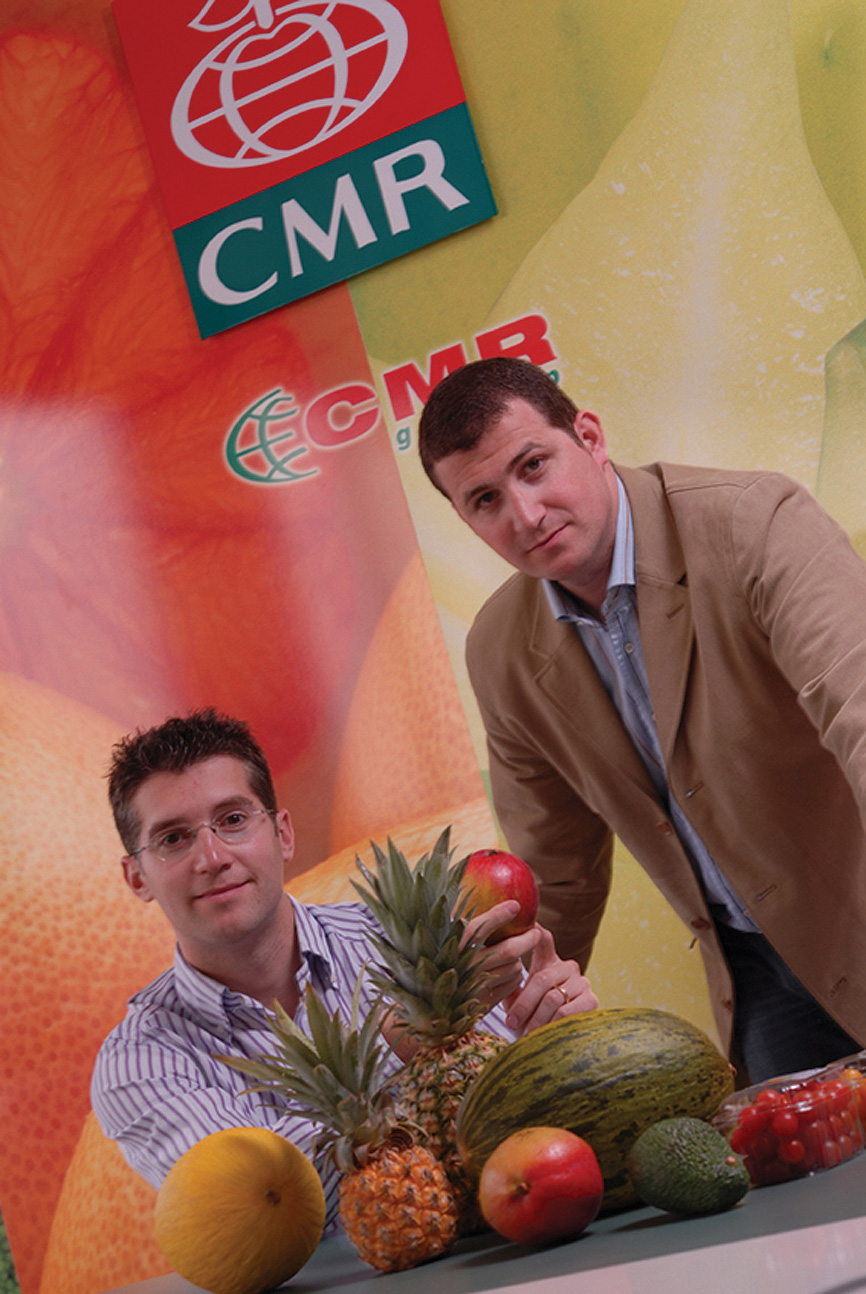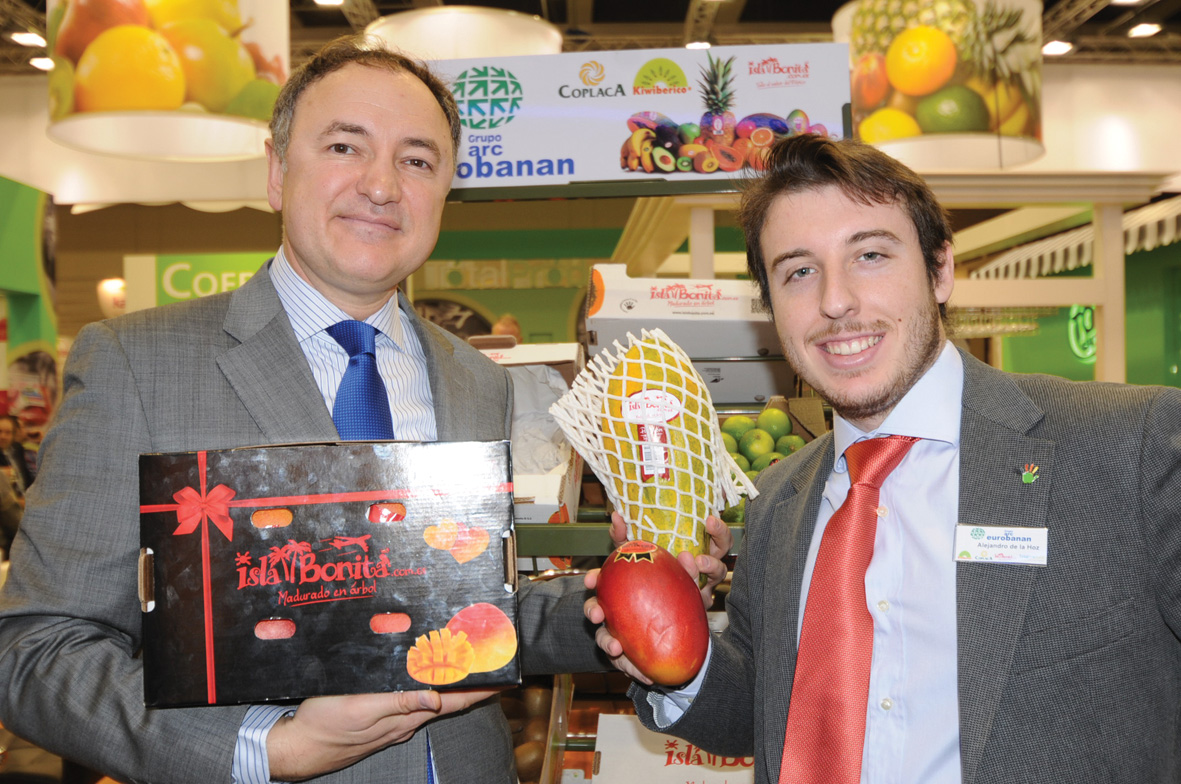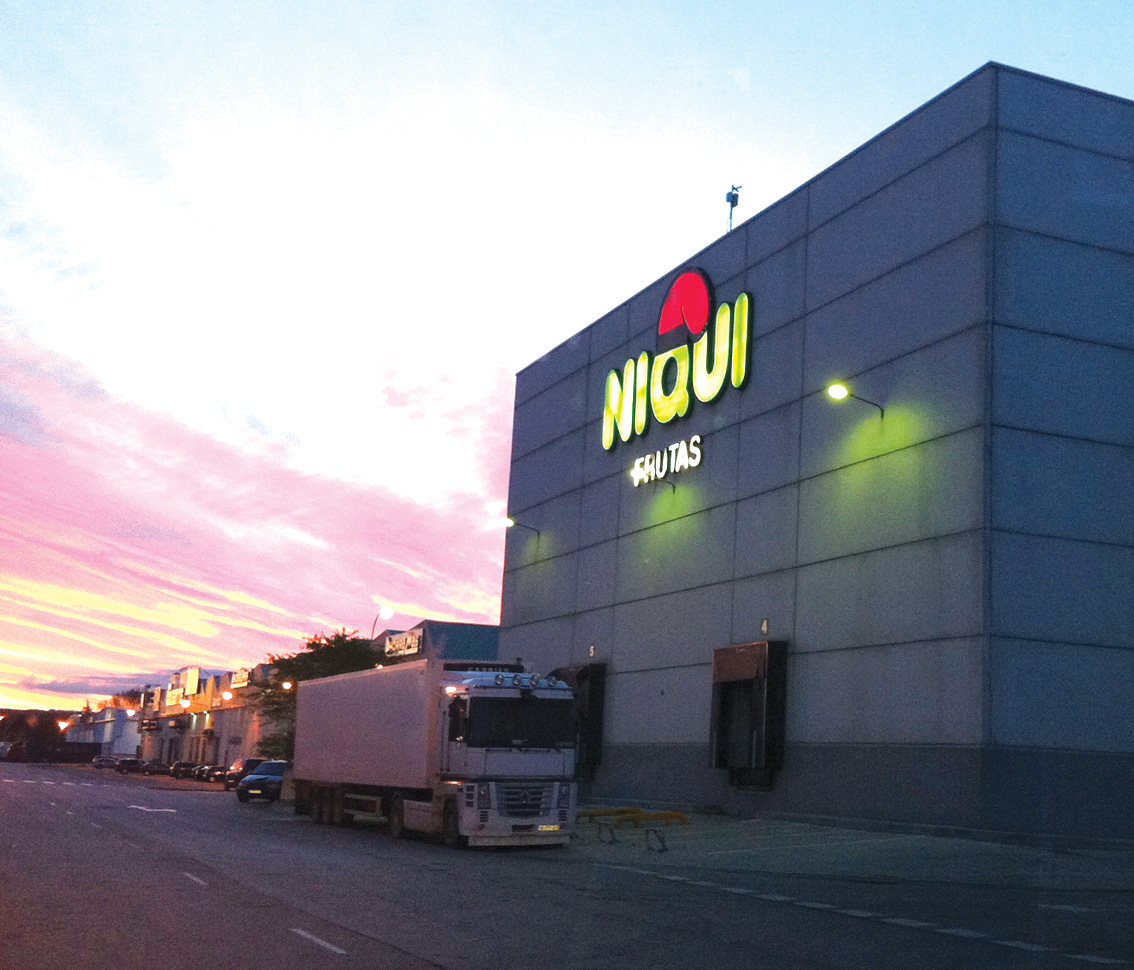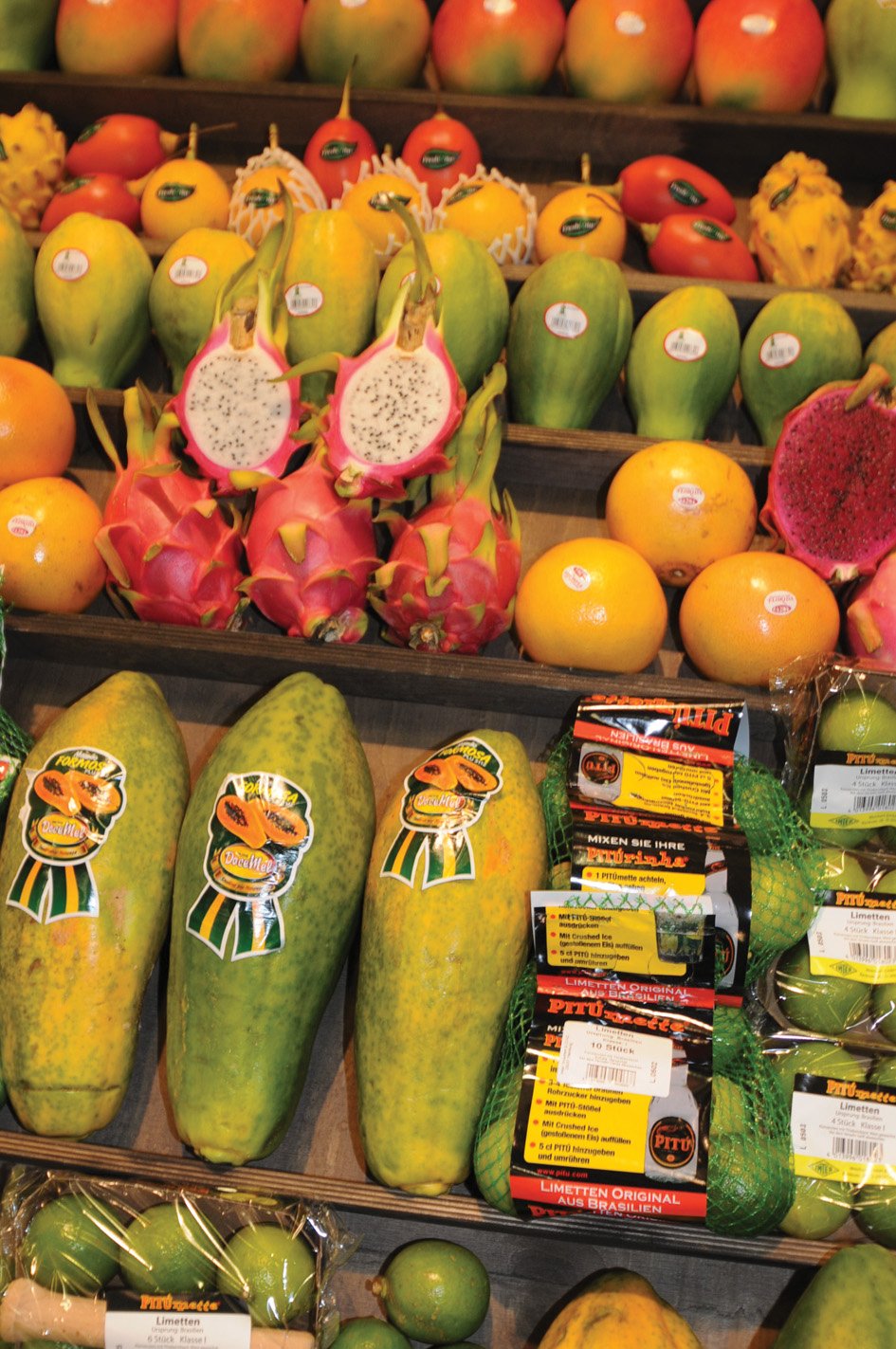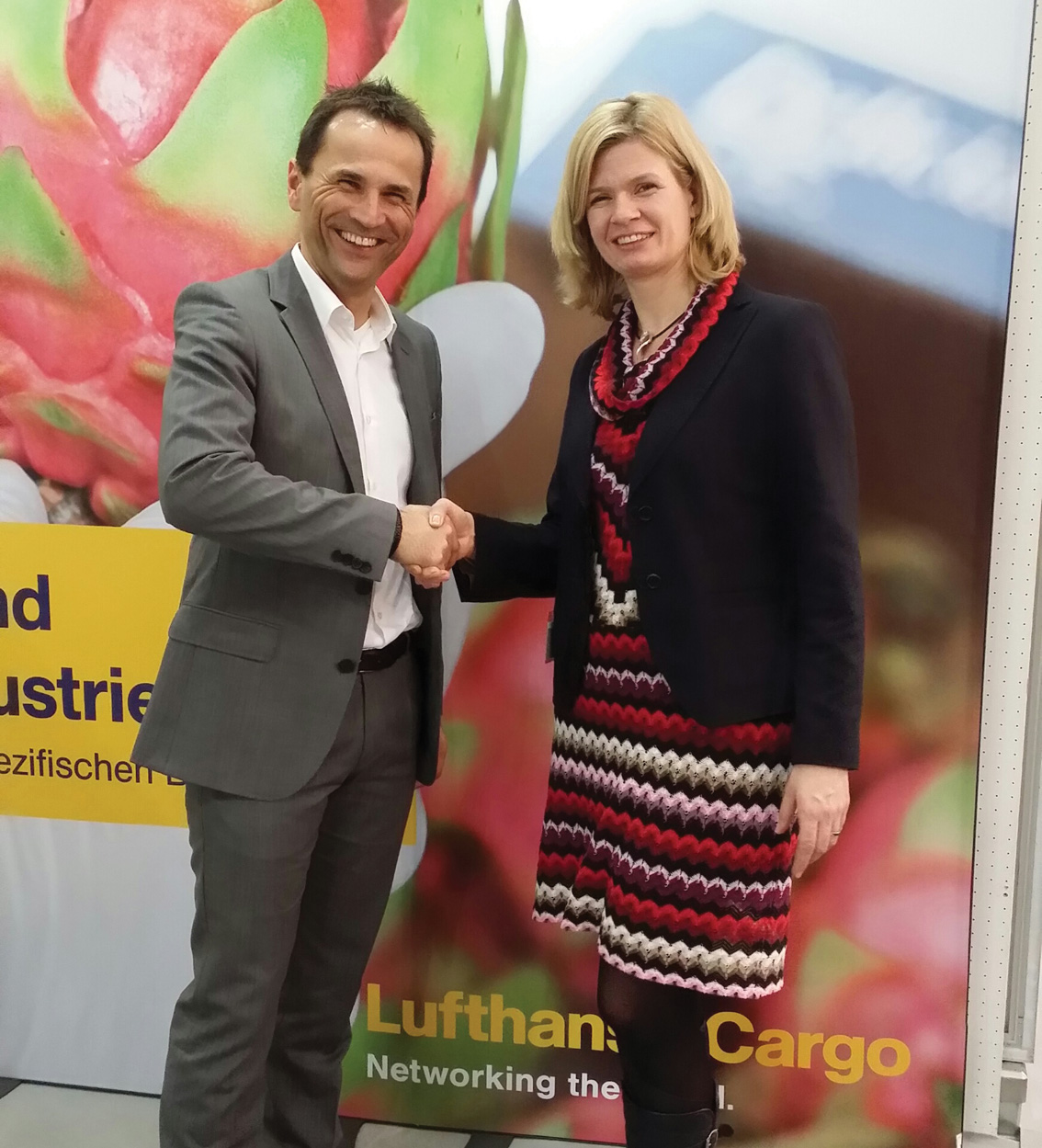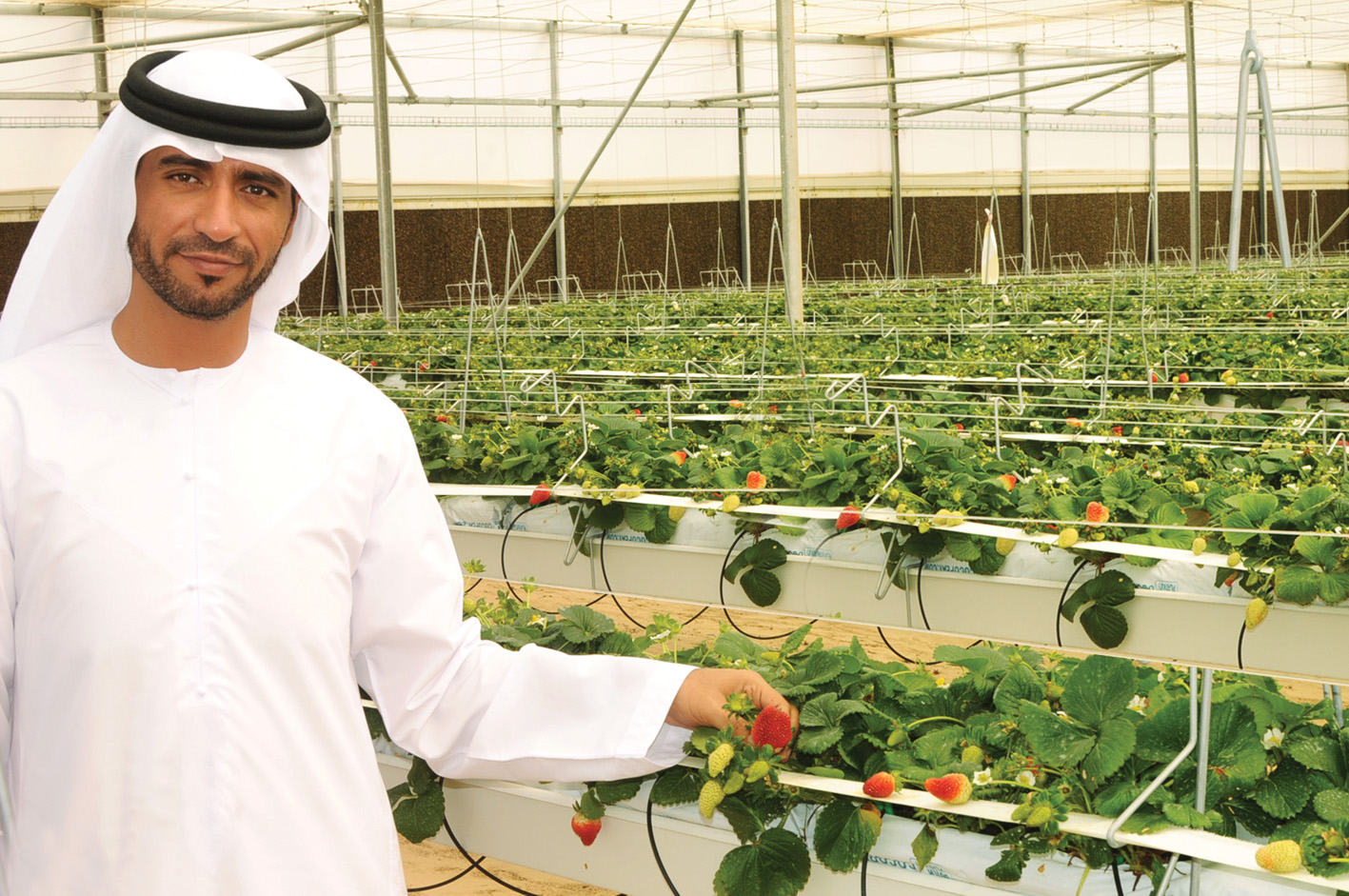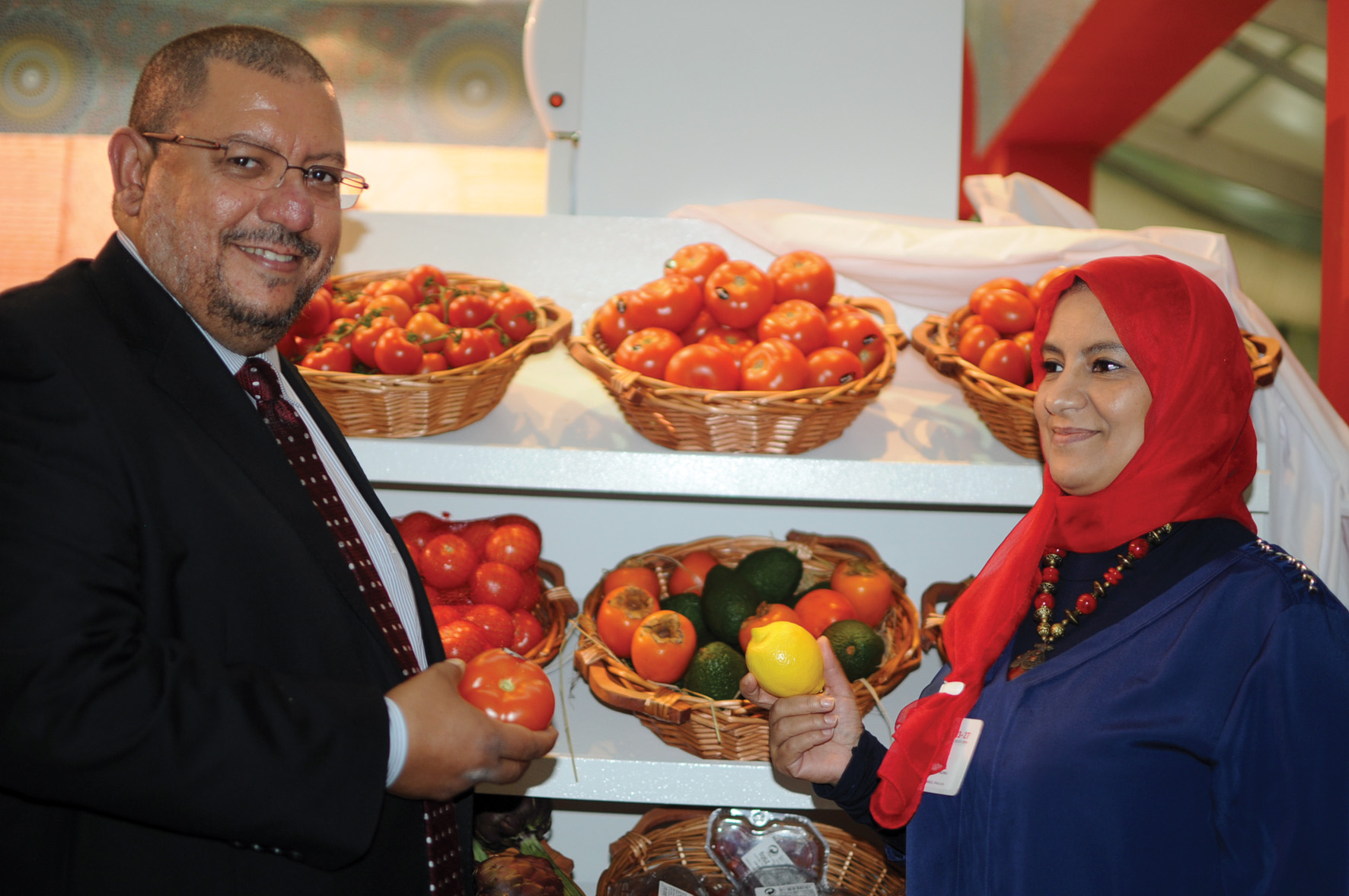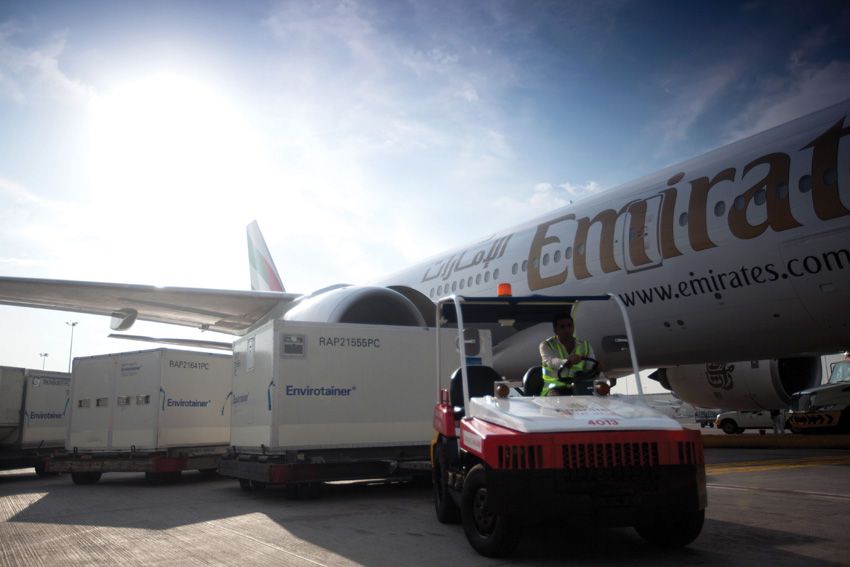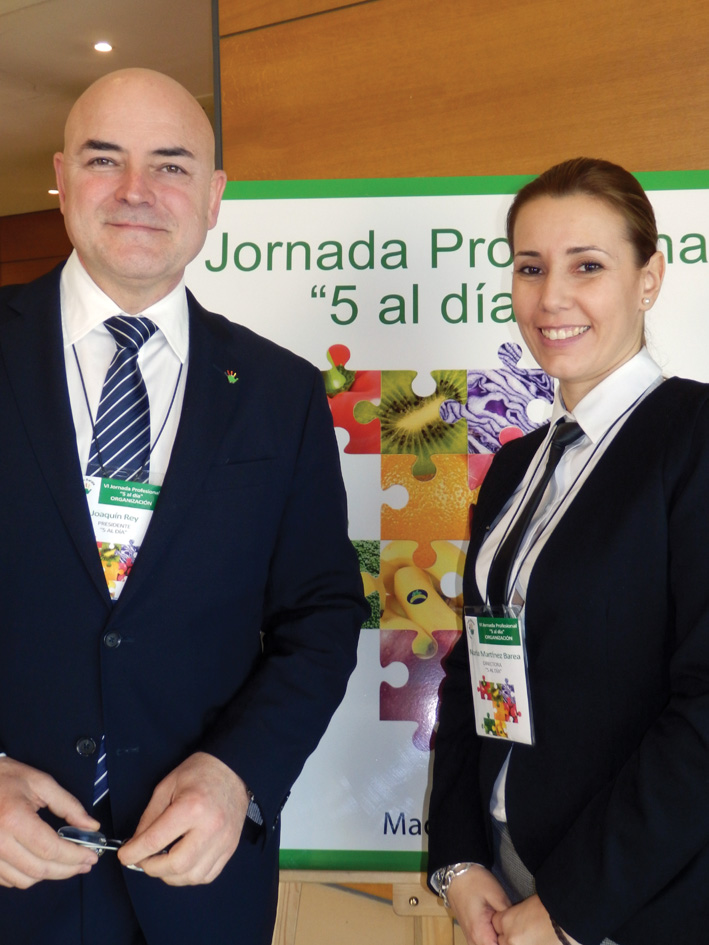
The last 5 al Día conference held in Mercamadrid showed how producers and distributors can better cooperate to respond to consumer trends.
Organised by the 5 al Día association, attendees at the last 5 al Día general assembly held in Madrid last 3rd March had the chance to hear about the most recent consumer approaches. A representative from the Spanish industry and distributors’ association AECOC, Maite Arrizabalaga, showed the results of the latest consumer research on purchasing behaviour. The study focussed on the tendencies of fruits and vegetable customers and on how producers and distributors could draw up a better strategy for sales by considering their characteristics. The study proves that in order to attract greater attention from the public and therefore greater consumption of fruit and vegetables, producers and wholesalers have to get to know their costumers better. The research is based on an evaluation of the answers to the survey that some groups of customers made. There was also an online questionnaire where all the questions dealt with a satisfaction analysis. The focus group was divided into two sections depending on the costumers’ preferred market: if it was a traditional destination (local markets and small firms) or if they preferred buying this kind of product at supermarkets and hypermarkets.
Maite Arrizabalaga highlighted the importance of such an analysis not only in attending to market expectations, but also in helping to encourage healthy food habits among Spanish consumer society, for which young children and teenagers are the most important target, as the general secretary Isabel García Tejerina remarked at the beginning of the event. In addition, the study gave practical information about various contextual features and how every single feature should be considered in drawing up a strategy. For example, the two main destinations define the frequency of purchases. The results of the analysis showed us that more than fifty per cent of Spanish homes buy fruit and vegetables more than once a week. This may be due to the fact that they are close to the local shop where they get the product. Also, 52.6% of households buy fruit more than once a week and 63.1% of Spanish customers get their products in the traditional market. Most of them (around 80%) admit to buying them at the supermarket only occasionally.
“Our Customers are at the Heart of the Strategy”
As regards the act of buying, the general evaluation that customers make of the experience also depends on the type of customer already indicated, because those who buy in the traditional channel evaluate it at least one point higher than the ones that buy their fruit at the supermarket, although the average score is 7.9. The different levels of satisfaction may be due to reasons such as these: the fact that in the traditional market customers get better, more qualified assistance from the salesperson; the proximity of the shop and for this reason the freshness of the product; the level of quality and guarantee attached to the products from the local market compared to those from the supermarket; their price, etc… The markets appear to be mindful of the concept of impulse purchases and for this reason they are constantly coming up with new ideas. For their part, the fruit and vegetable sector still has to find a way to take the place of milk and cereals. This might be an onerous task, but we appear to be closer and closer to the aim of “5 al día”: eating an average of 5 pieces of fruit and vegetables every day.
MG

